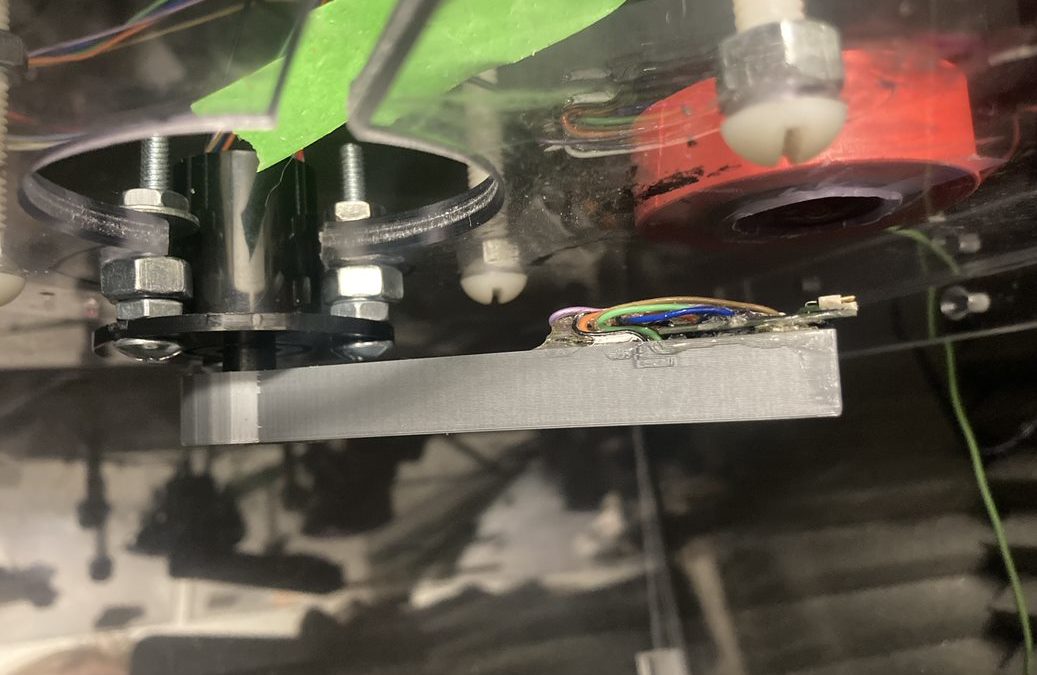Many labs use 3D printers to create small parts, tools, and replacement items for existing lab gear. Most of these items are never used outside of the lab where they were designed, and there are probably many parallel solutions to common lab problems available.
For example, the design below was created by Samantha White in the Laubach Lab at American University for use with Adafruit commutators to stabilize cables used with Intan headstages and an Open Ephys recording system for studies in freely moving rats. The potential use of this small part in other labs became obvious at a recent conference, and the design was since posted to the lab’s GitHub account. https://github.com/LaubachLab/OECommutator
As far as we know, there is no central repository for 3D printed objects used in neuroscience research. The NIH maintains a repository of 3D printed objects (https://3dprint.nih.gov/), but it is very broad and does not contain many items specific to neuroscience research.
Today we announce a new effort to create a repository of 3D printed objects used in neuroscience research. If you have designed something for your research and want to share the design, please consider completing the form below. If you have shared the design on a repository like GitHub, we will fork the design to a new GitHub repository managed by the OpenBehavior project. If you don’t use GitHub, let us know and we will reach out and add the design to the repository. Credit will be given to all who contribute, and you may find other labs using your items in their research. This is a great way to share knowledge, make research easier to do, and also make social connections with people in other labs that you might have never met otherwise. Please consider contributing to this new repository using the link below. Thank you.
SUBMIT YOUR DESIGNS AT THIS LINK


Recent Comments